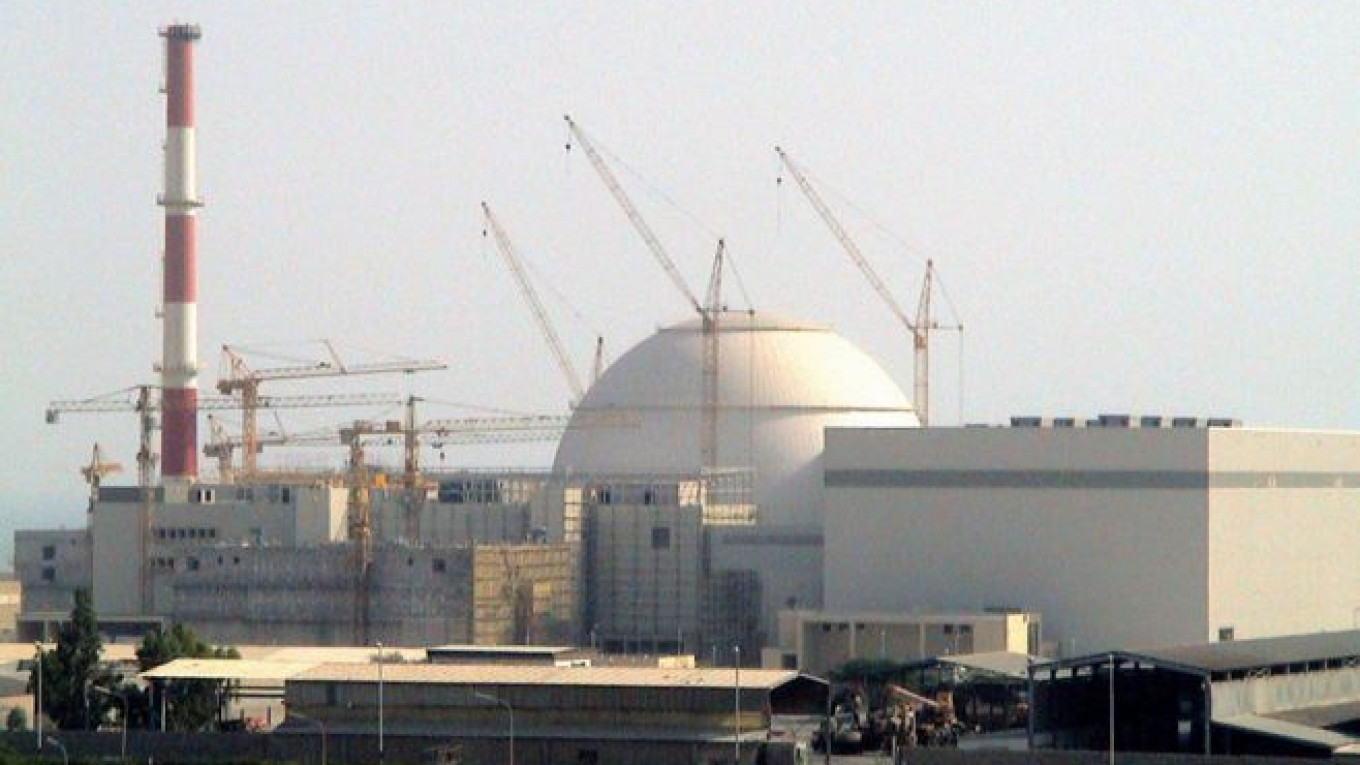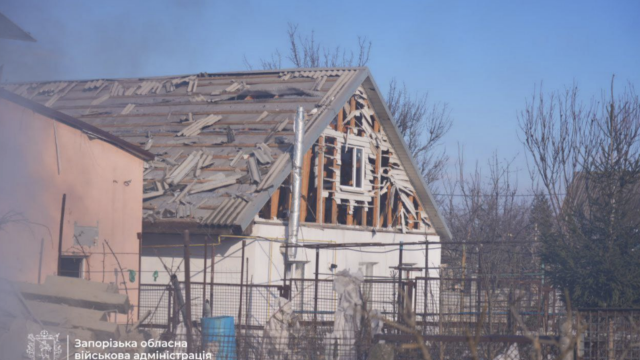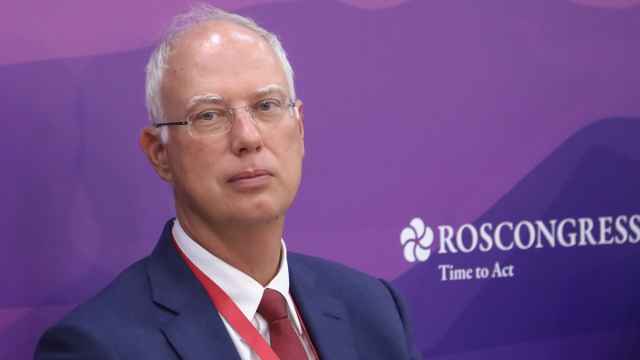Iran has said that it expects to sign a deal with Russia in late August on the building of two new 1,000-megawatt nuclear reactors in the Islamic Republic, potentially boosting its case that it is refining uranium for civilian energy, not atom bombs.
Russia is one of six world powers negotiating with Iran on a long-term agreement to end a decade-old dispute over Tehran's nuclear program, which the country says is peaceful but the West fears may be aimed at developing a nuclear arms capability.
Ali Akbar Salehi, the head of Iran's atomic energy organization, will go to Moscow to finalize the reactor contract and construction may start early next year, the IRNA news agency reported Tuesday.
There was no immediate comment from Russia.
Iran has long argued that it needs to enrich uranium, which can have both civilian and military uses, to fuel a planned network of atomic power stations and that any contract on new reactors with Russia may help it back up its case.
But Russia — which built Iran's so far only nuclear reactor, at Bushehr on the country's Gulf coast — is providing the enriched fuel for that plant and may want to do that also for any future facilities it will build in Iran.
World powers including the United States, France, Germany, Britain and China want Iran to significantly scale back its enrichment of uranium to deny it any capability to quickly make bomb-grade fuels. Iran denies any such aims.
IRNA reported that senior Iranian and Russian nuclear energy officials, including the deputy chief executive of state-owned Rosatom, Nikolai Spassky, met in Tehran this week to discuss commercial and technical details of the planned reactors.
Behrouz Kamalvandi, a spokesman for Iran's atomic energy organization, said the reactors would be built next to the first unit of the Bushehr nuclear power plant.
It is very likely that Salehi's trip to Moscow "will take place at the end of August," he said, adding that construction of the reactors could start by the end of the Iranian year which runs until March 2015.
Longstanding Western fears that the Bushehr project could yield spent fuel of use in nuclear weapons — something it denies it is seeking to do — receded after Iran promised to send the material back to Russia.
Talks between Iran and the world powers will resume on July 2 in Vienna, with the sides aiming to clinch a deal ending the nuclear stand-off by a self-imposed July 20 deadline.
A Message from The Moscow Times:
Dear readers,
We are facing unprecedented challenges. Russia's Prosecutor General's Office has designated The Moscow Times as an "undesirable" organization, criminalizing our work and putting our staff at risk of prosecution. This follows our earlier unjust labeling as a "foreign agent."
These actions are direct attempts to silence independent journalism in Russia. The authorities claim our work "discredits the decisions of the Russian leadership." We see things differently: we strive to provide accurate, unbiased reporting on Russia.
We, the journalists of The Moscow Times, refuse to be silenced. But to continue our work, we need your help.
Your support, no matter how small, makes a world of difference. If you can, please support us monthly starting from just $2. It's quick to set up, and every contribution makes a significant impact.
By supporting The Moscow Times, you're defending open, independent journalism in the face of repression. Thank you for standing with us.
Remind me later.






